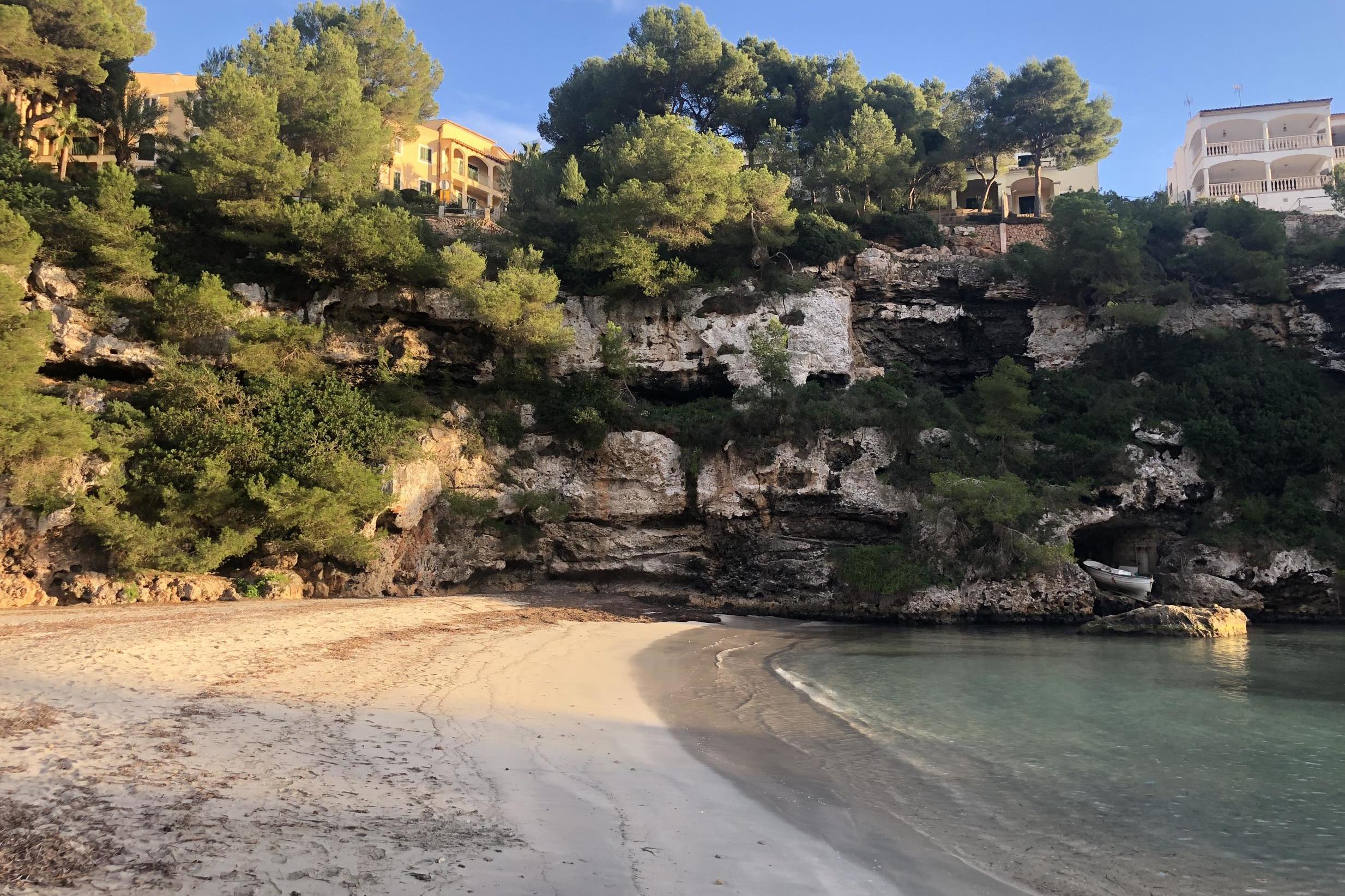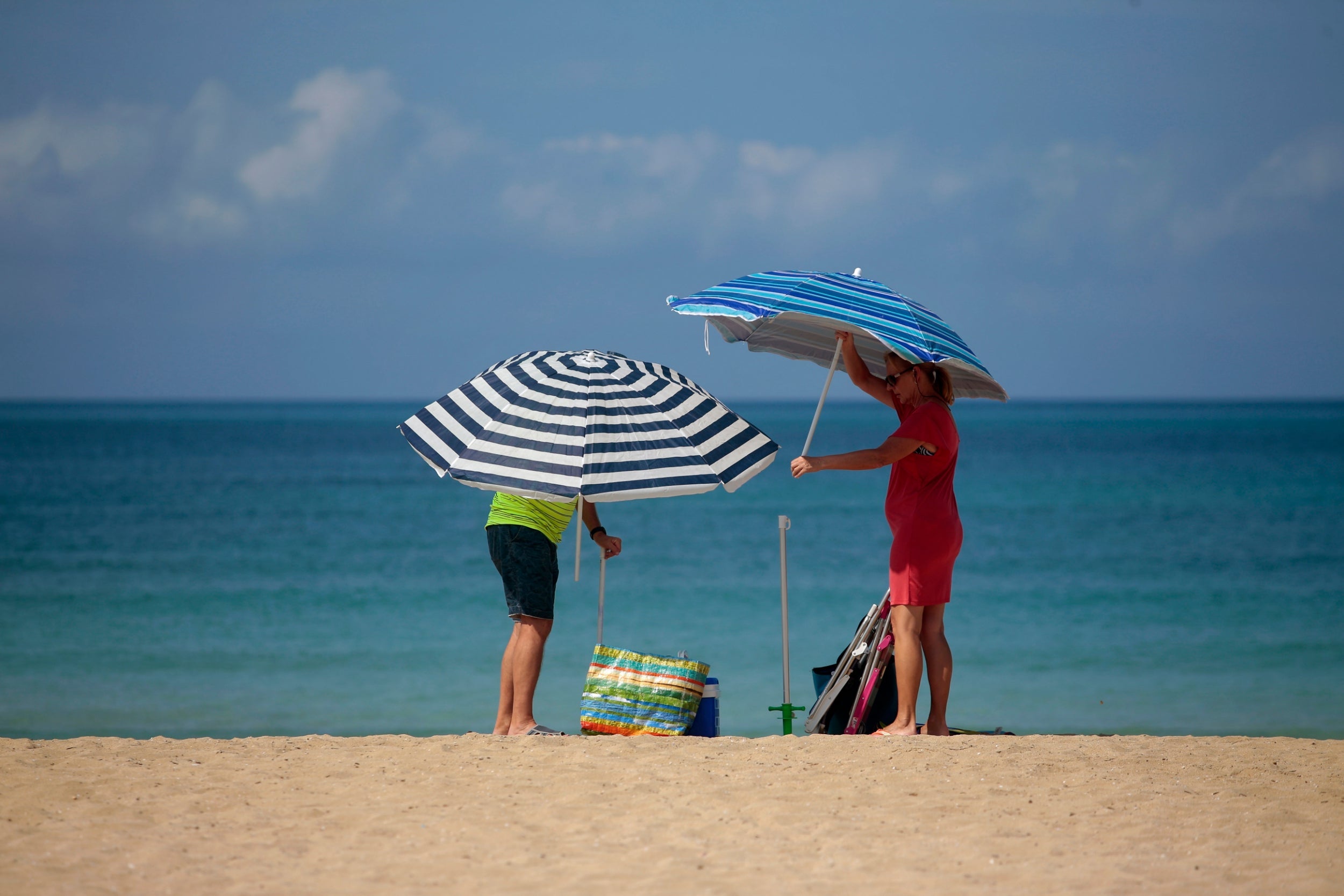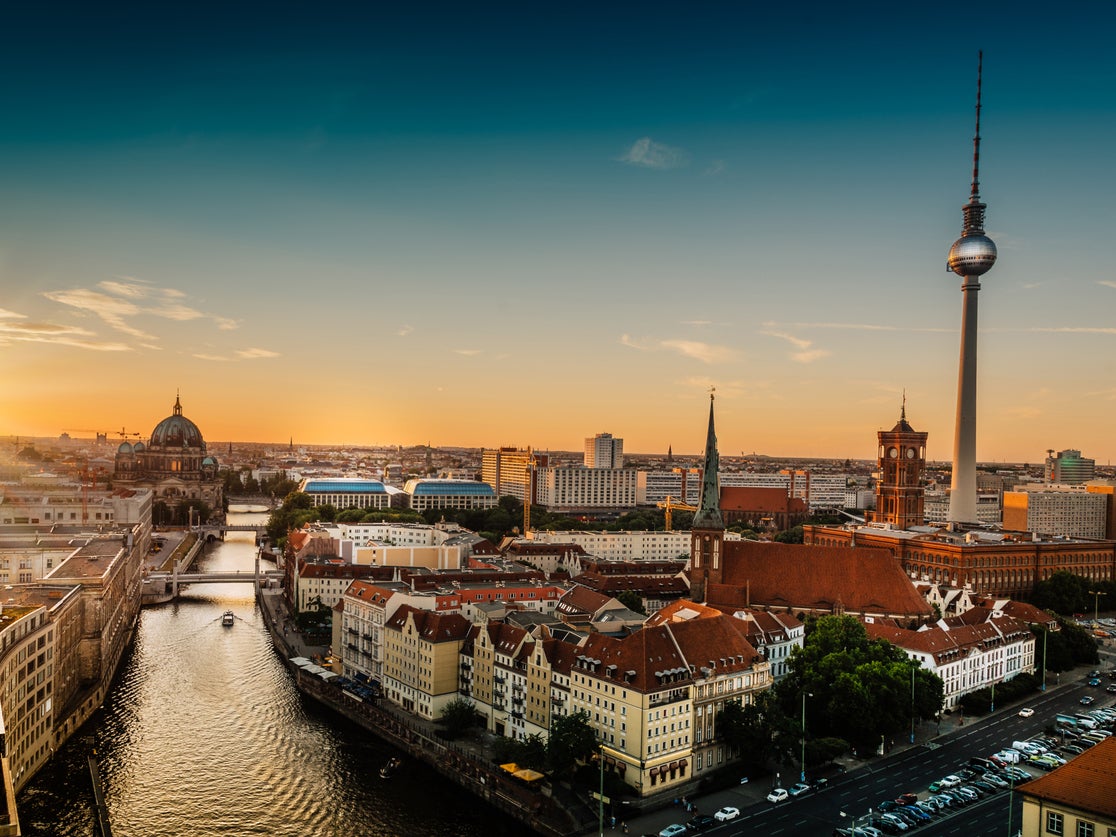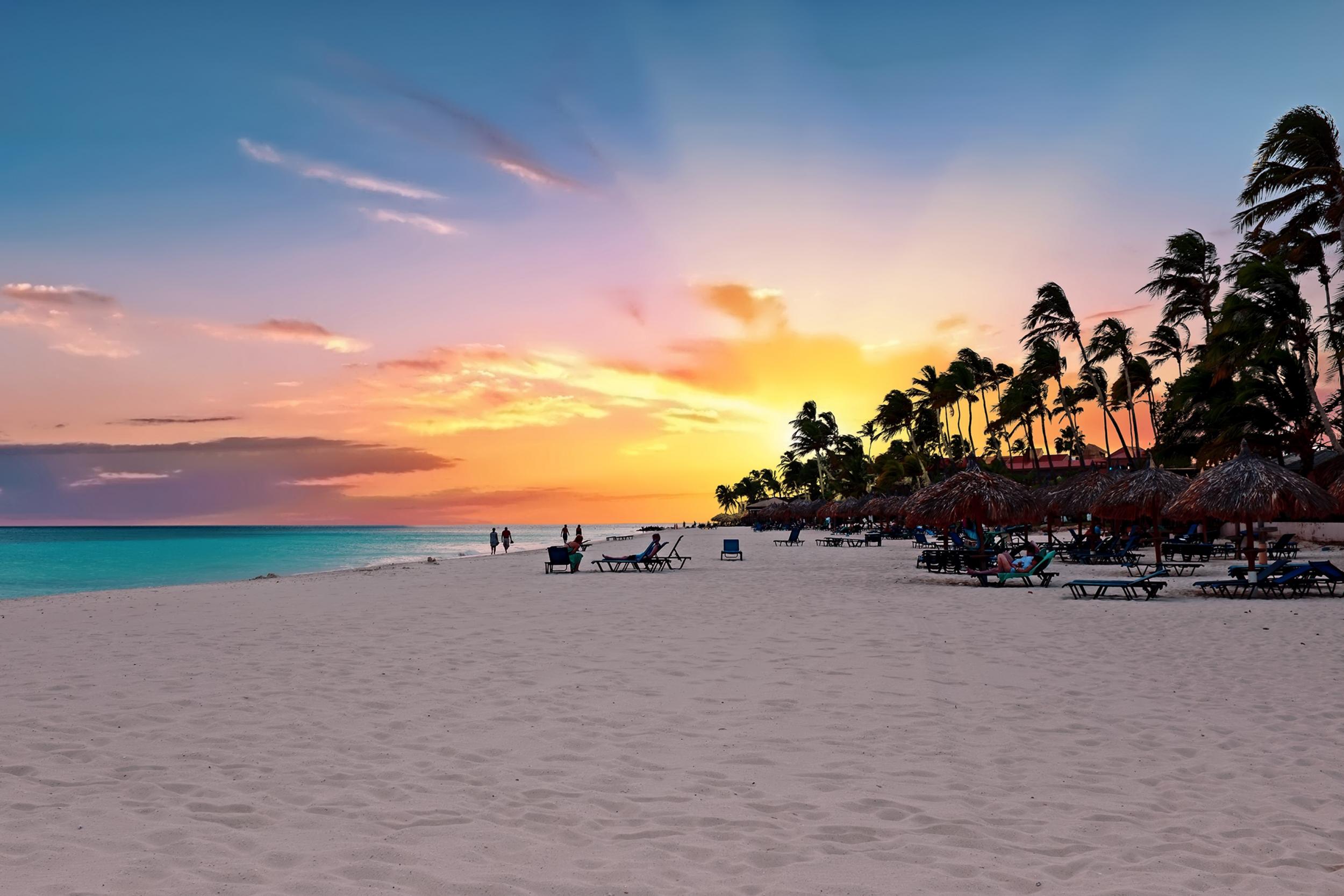What happens to my family if I get coronavirus abroad?
Simon Calder on what you should do if you fall ill on holiday, travelling to America and the rules of quarantine


Q Now that we’re allowed to travel overseas, I’m looking forward to an August break with my two young children. I’m a single mother and I really want them to enjoy a beach holiday somewhere in the Med. But before I start looking and booking, can you give me a view on the following scenario?
What happens if I fall ill with Covid? I know about Ehic [the European Health Insurance Card] and from what you’ve said I know that I will be covered for medical care. But what happens to the kids if I end up in hospital for weeks? I haven’t got any insurance yet and I know that Covid cover is difficult to get and/or very expensive.
I’m normally optimistic but it could mean all kinds of stress and expense. What do you advise?
Name supplied
A Thank you for thinking ahead and raising some important points that should be considered by a large number of families going abroad this summer – or, I contend, any summer. I hope that one blessing from this wretched episode is that people are more aware of the potential risks involved in travel.
As you indicate, because almost all British holidaymakers are going to be in the EU this summer, the European Health Insurance Card (Ehic) will cover medical costs. But this covers just the ill person.
In the scenario you envisage, the consequences would be the same for any single parent who is hospitalised for any reason. Ideally you should have a back-up plan, which would possibly involve a friend or relative flying out and caring for the children. This could, though, be very expensive. It might therefore be worth signing up for one of the insurance policies, such as Trailfinders, which confers cover for a wide range of coronavirus-related risks. A one-week policy within Europe costs £27, and includes the children.
In extreme circumstances, local social services and the British consulate would be involved in organising care for the children, though this would be far from ideal. Ahead of any journey, it is important that families consider what they would do in the event that a parent becomes incapacitated.
Finally, the government has not given any guidance about what will happen to the Ehic reciprocal health-care agreement from 2021 onwards, adding to the complexity of planning a family trip.

Q I know that you have called today “Q-day” because it’s when quarantine eases in the UK. I live in England but I am flying from Scotland to Spain. What happens to me?
Vicky S
A Plenty of people in northern England take advantage of the range of flights and often lower fares available from Edinburgh, Glasgow and Prestwick airports. Ryanair, in particular, has a busy programme of Spanish flights to and from Edinburgh and Prestwick.
These are continuing even though the Scottish government – unlike its English counterpart – has decided that travellers and returning holidaymakers from Spain must self-isolate for two weeks rather than risk infecting the resident population.
Your flight from Scotland to Spain should be problem-free, once you have got used to the new reality of wearing a mask in the airports and on board the plane. There are some public health procedures on arrival in Spain, but nothing more onerous than providing your address and having your temperature checked.
I imagine you are more concerned with the return journey: to Scotland from a country that has been rejected from the no-quarantine list. Fortunately, I can put your mind at rest.
Before the flight you are supposed to fill in an online passenger locator form for your impending arrival in the UK (plenty of people don’t and will be asked to do so at the airport). The address you give determines what happens to the traveller’s information. If it is an English location, then it will be passed to Public Health England.
Staff will see that you have flown from Spain, which England does not have a problem with, and effectively close your case – though in theory you could be contacted a few days later if someone you have been in contact with has been tested positive for the coronavirus.
Public Health Scotland, meanwhile, merely expects you to leave the country by the fastest safe route to your final destination. The same easy solution does not prevail for Scottish travellers who fly into a UK airport such as Newcastle or Manchester. The data from their online form will be passed to Public Health Scotland.
As Scotland’s first minister, Nicola Sturgeon, said: “You cannot get round the requirement to quarantine in Scotland by flying to or from an airport in England. Public Health Scotland will have access to contact details for people staying in Scotland, regardless of whether an individual arrives in Glasgow, Manchester or London, and it will carry out sample checks.”

Q My easyJet flight from Gatwick to Berlin in August has just been cancelled. I have rebooked with British Airways from Heathrow instead (annoyingly, I live only a couple of miles for Gatwick) and will try to get easyJet to pay the difference. Can I also claim the price of a taxi from Gatwick to Heathrow?
Also, in the cancellation email easyJet have written: “The disruption to your flight is beyond our control and is considered an extraordinary circumstance.” I presume this is to get them off the hook in various ways, but is it actually true?
Rebecca H
A When easyJet cancelled your flight, it should have automatically offered you an alternative departure on a different airline, as European air passengers’ rights rules demand. For many travellers, this is a much better outcome than just getting a refund and rebooking themselves.
If easyJet neglected to find you a suitable flight, I believe that gives you the right to buy another ticket, as inexpensively as you can, and be confident of being recompensed.
Those passengers’ rights rules, known as EU261, are poorly drafted. They cover explicitly the case of the destination city – saying that easyJet is liable for the cost of transferring you from Tegel airport in west Berlin (BA’s hub) to Schonefeld airport in the east of the German capital, where easyJet’s Gatwick flights land. But they do not cover the same circumstances in the origin city.
Evidently the spirit of the rules is that easyJet should pay, but don’t be surprised if you get your claim rejected. I suggest you take the very low-cost Gatwick-Heathrow transfer, which involves a train to East Croydon and the X26 bus direct to Heathrow (total, about £7 one way).
Finally, I suspect the line about disruption to your flight being “beyond our control and considered an extraordinary circumstance” is a bit of a knee-jerk reaction by easyJet. It is designed to protect the airline against a claim for cash compensation, as opposed to recompense. As your flight was cancelled with more than 14 days’ warning, compensation is not an issue. But the right to an alternative flight remains.

Q We are trying to get to the US as soon as possible. We have been exploring different options and thinking one way – now the “air bridges” are in place – is that we could fly to Aruba, stay there for 14 days and then fly on to the US.
Do you think that would work? We are planning to try and get there in August. Is it still likely the US won’t open up until November do you think?
Name supplied
A Since mid-March the US has been inaccessible for anyone who has been in Europe, including the UK and Ireland, within the past 14 days of wanting to travel there.
The idea is to protect Americans from Europeans – even though the US now has the highest number of deaths from coronavirus, and an alarming prevalence of new cases of Covid-19.
I see no early easing of this rule, because it appears now to be purely political ahead of the presidential election in November. Donald Trump claims on Twitter: “We have the lowest Mortality Rate in the World. The Fake News should be reporting these most important of facts, but they don’t!” Easing restrictions on Europeans would not play to the narrative of being tough on foreigners. Already Tui, Britain’s biggest holiday company, has cancelled all Florida trips up to December rather than take a chance on presidential whims.
I would not advise you to go to a Caribbean island, just in case the trip goes awry (eg a local flare-up scuppers your plan to continue to the US). The obvious place to pause for the requisite two weeks, it seems to me, is Canada – which has a lower incidence of coronavirus, is lovely in August, and has a range of fine cities and resorts in which to park yourselves. For the west coast, just fly out to Vancouver. Besides the city, you can explore Vancouver Island or the British Columbia hinterland.

The world’s second-largest nation (after Russia) is currently closed to almost all UK visitors to the end of July, with two weeks of quarantine for those who are allowed in, but as lockdown eases I am hopeful these measures will be lifted in time for your trip.
If your US destination is in the Midwest, then make it Toronto; there are plenty of lakeshore escapes, and Niagara Falls is not too far away. And Montreal is a good place to be for Boston, New York and the east coast, though Nova Scotia provides more of the great outdoors.
The US-Canada border is closed until 21 July for non-essential travel. While it is possible that this barrier could be extended still further, I would be very surprised if it were still in place beyond mid-August. And if I am wrong, then a quick Caribbean hop from Canada (probably to a larger island with more flights, such as Dominican Republic or Jamaica) could get you to the US without further delay.
Email your question to s@hols.tv or tweet @simoncalder
Join our commenting forum
Join thought-provoking conversations, follow other Independent readers and see their replies
Comments
Bookmark popover
Removed from bookmarks